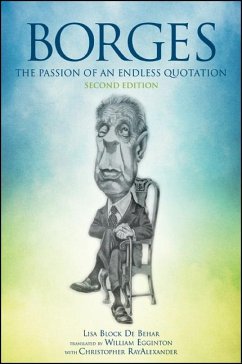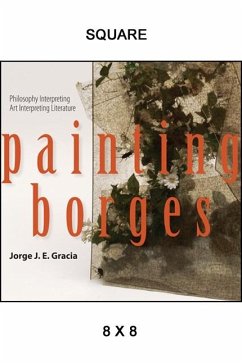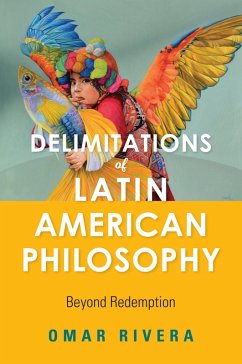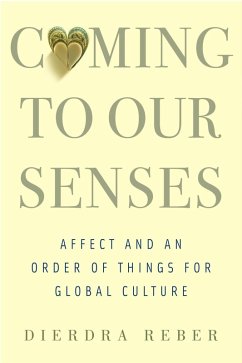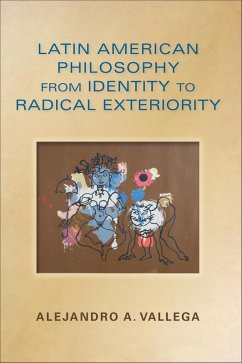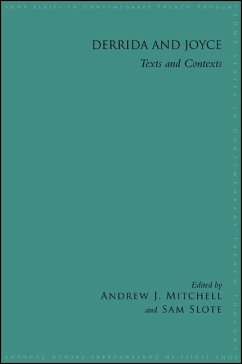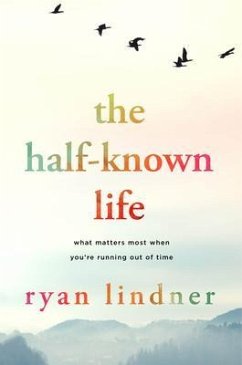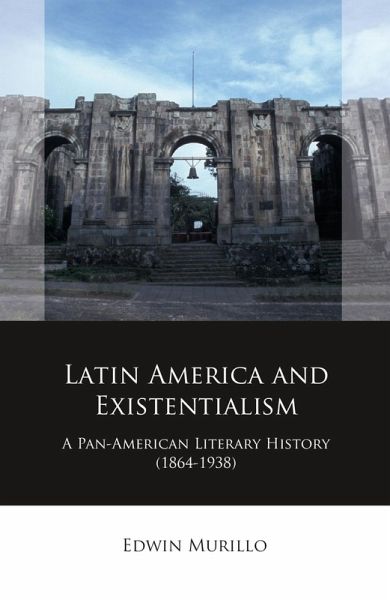
Latin America and Existentialism (eBook, ePUB)
A Pan-American Literary History (1864-1938)
Versandkostenfrei!
Sofort per Download lieferbar
65,95 €
inkl. MwSt.
Weitere Ausgaben:

PAYBACK Punkte
33 °P sammeln!
Latin America and Existentialism is a preliminary intellectual history, prioritising literature and contextualising Latin American philosophical contributions from the 1860s to the late 1930s, decades that coincide with the canon's foundational years. This study takes a Pan-American approach to move the critical focus away from the River Plate, a region that has received some critical attention. In doing so, it focuses on existentially-neglected writers such as Brazil's Machado de Assis and Graciliano Ramos, José Asunción Silva from Colombia, Cuba's Enrique Labrador Ruiz, and the Chilean Mar...
Latin America and Existentialism is a preliminary intellectual history, prioritising literature and contextualising Latin American philosophical contributions from the 1860s to the late 1930s, decades that coincide with the canon's foundational years. This study takes a Pan-American approach to move the critical focus away from the River Plate, a region that has received some critical attention. In doing so, it focuses on existentially-neglected writers such as Brazil's Machado de Assis and Graciliano Ramos, José Asunción Silva from Colombia, Cuba's Enrique Labrador Ruiz, and the Chilean María Luisa Bombal. Underappreciated Latin American philosophical voices and existentialism's canonical perspectives allow the author to discuss the many problems concerning the experiencing 'I' of these authors, and to consider such existential themes as ethical vacuity, forlornness, the crisis of insufficiency, the conundrum of choice, and the enigma of authentic being. The concentration on Latin America's existentially-hued interest in the human condition is an invitation to the reader to reconsider the peripheral status in the existentialism canon.
Dieser Download kann aus rechtlichen Gründen nur mit Rechnungsadresse in A, D ausgeliefert werden.





